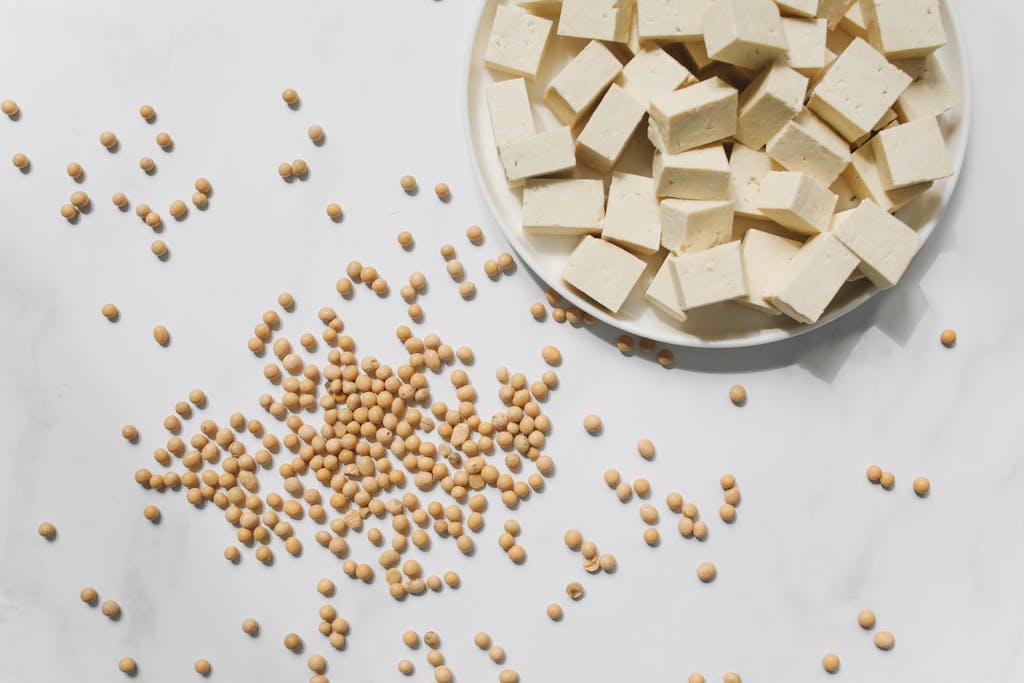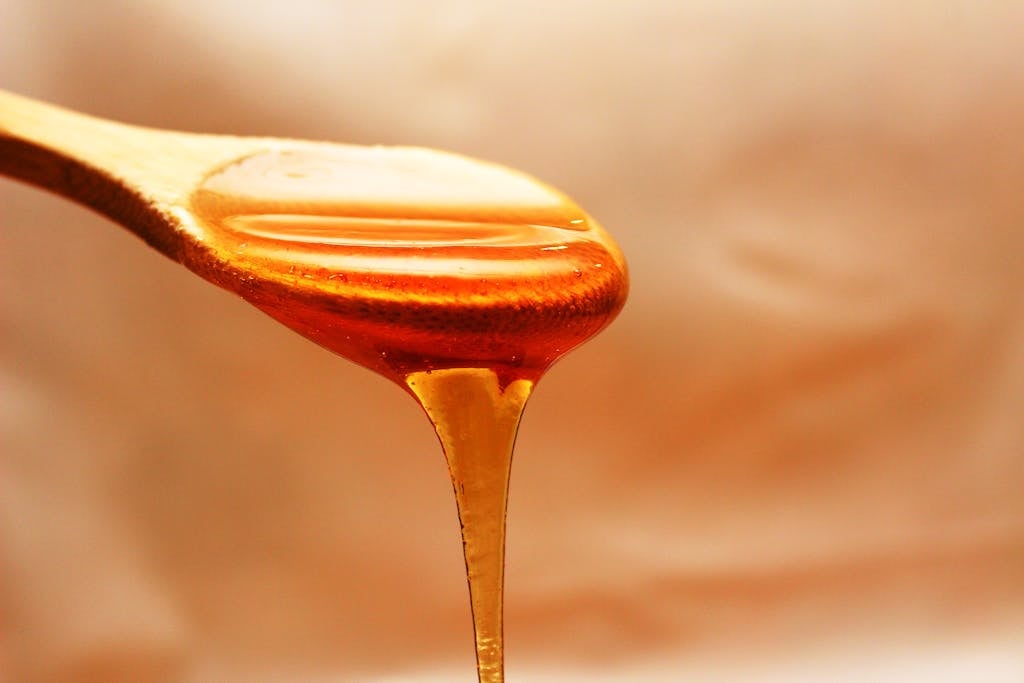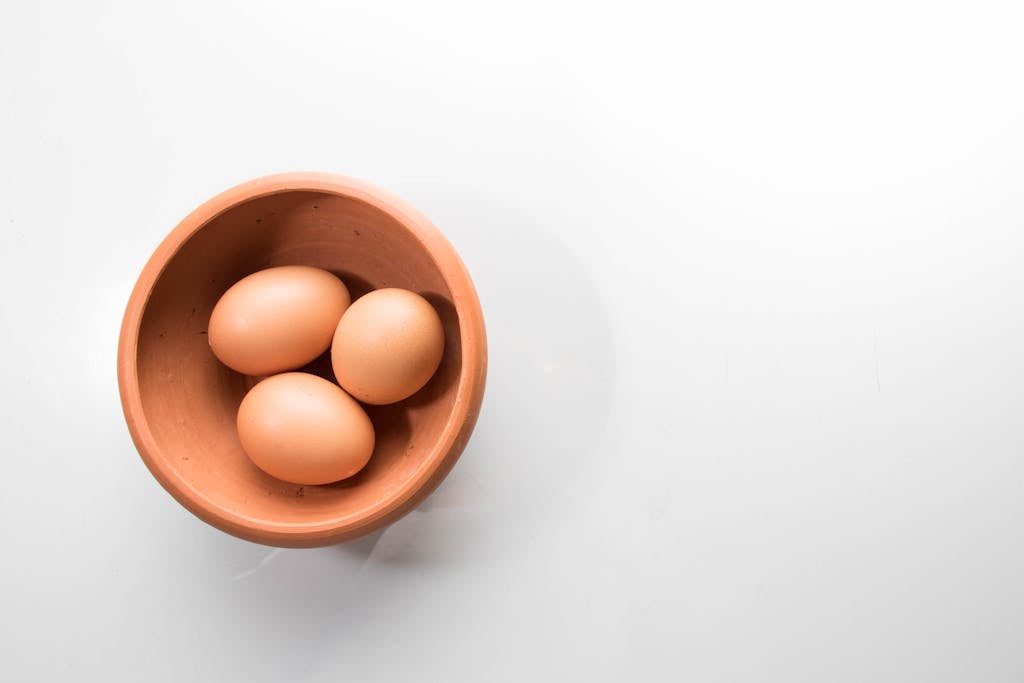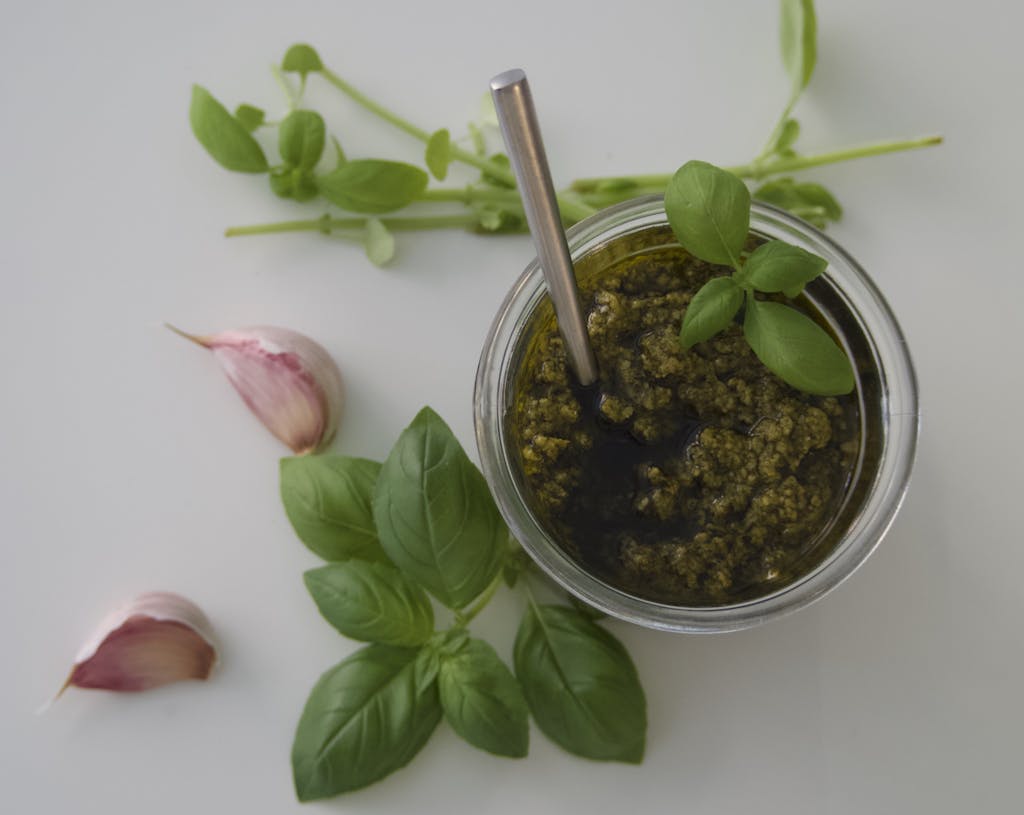
So, What’s the Deal? Is Wine Vegan?
Answer: It depends. Though wine is a product made from fermenting grapes, many winemakers use animal products during the production process. Because of this, some wines are not vegan-friendly.
Few things warm the heart like a good glass of wine. After thousands of years, the drink has continued to grow in popularity around the world. As vegans, there’s something important to consider before savoring: is the wine vegan?
We’ll explore the answer to this question, how wine is made, tips for finding vegan wines, and recommendations for vegan-friendly wineries.
Is Wine Vegan?
The simple answer is: it depends. Wine can be vegan, but not all wines are vegan. The vegan-friendliness of a wine depends on how it’s produced. Since the ingredients of wine are naturally vegan, the answer lies in whether any animal products were used in the winemaking process.
Fortunately, many wineries now produce wines that are free from animal ingredients, making it easier for vegans to enjoy a glass of wine without compromising our values.
How Wine is Made
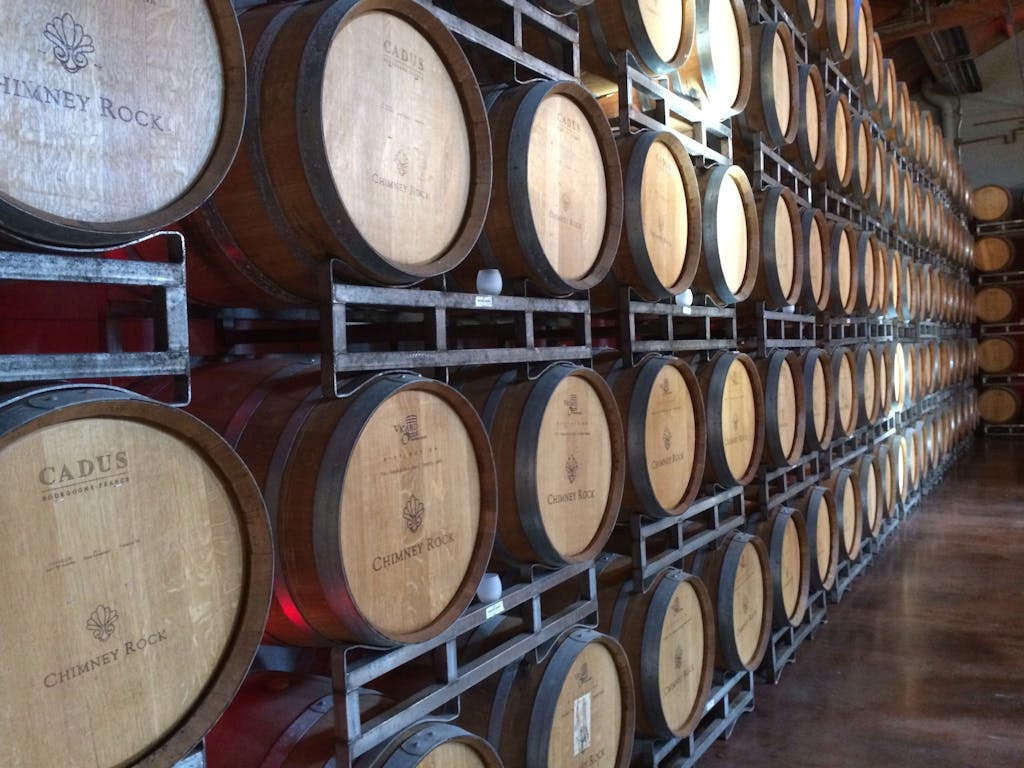
All wines starts out vegan, as the main ingredient in the drink is fruit. It’s typically made from fermented grapes, although other fruits can also be used. Winemaking involves several stages, including harvesting, crushing, fermentation, aging, and bottling.
During fermentation, yeast converts the natural sugars in the fruit into alcohol, creating wine. Depending on the desired varietal (style) of wine, additional steps like clarification and filtration may be completed to improve the wine’s stability, look, and taste.
Animal Products Used in Winemaking
Animal-derived products have been used to “fine,” or clarify, wine for centuries. The most common animal ingredients used in wine production are:
- Gelatin: Derived from collagen extracted from the bones of cows and pigs, gelatin is used to clarify wine by binding with suspended particles and settling them to the bottom of the fermentation vessel.
- Isinglass: Obtained from fish bladders, isinglass is another fining agent used to clarify wine by removing proteins that would make the wine hazy.
- Casein: A protein found in milk, casein is sometimes used as a fining agent to clarify wine.
- Egg Whites: The protein albumin is extracted and used as a fining agent to remove tannins and clarify wine.
Since these products are used in the production process but aren’t ingredients of the wine, you won’t find them listed on the label.
How to Find Vegan Wine
To determine whether a wine is vegan, there are a few steps you can take. Start by looking for the vegan symbol on the label. If it’s there, you’re good. If not, check the Barnivore website. They have a pretty comprehensive list of vegan-friendly wines and spirits.
If there’s a wine you’re still not sure about, research the winery’s production methods. Though you may find some information online, it’s best to contact the winery and ask about any animal-derived ingredients used in their winemaking process.
Vegan Wineries To Consider
Frey Vineyards (California, USA): Frey Vineyards is a pioneer in organic and biodynamic winemaking and produces a wide range of vegan wines, including reds, whites, and rosés.
Querciabella (Tuscany, Italy): Querciabella is the home of multiple award-winning vegan wines made from vines in their Tuscan vineyard.
The Wrap Up
Conclusion: While not all wines are vegan-friendly, many wineries are now catering to the growing demand for animal-free products. By understanding the winemaking process and researching individual wineries, vegans can confidently enjoy a glass of wine that aligns with their ethical values. With the availability of vegan wines and the support of vegan-friendly wineries, enjoying a sip of wine can be a guilt-free pleasure for all.
